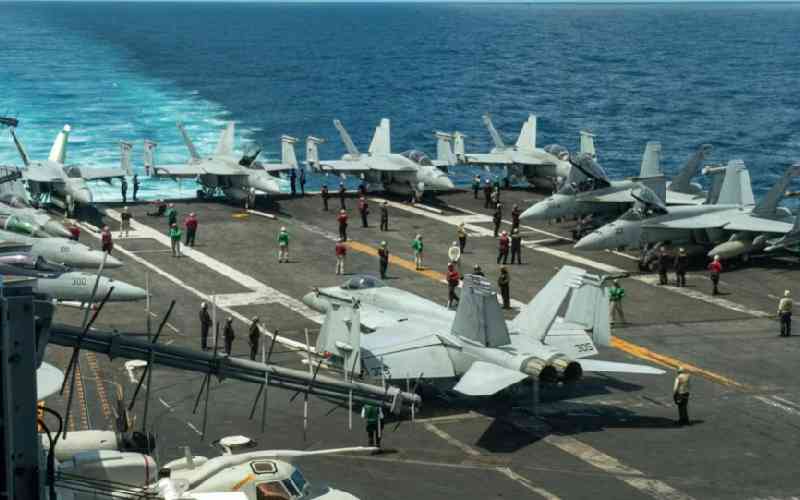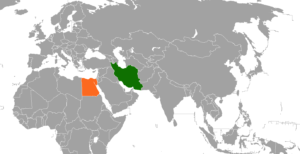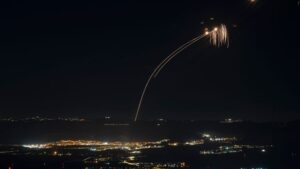As tensions escalate in the Middle East, the United States is ramping up its military presence in the region, deploying additional air defense systems and naval assets in response to threats from Iran. This move comes after Iran vowed to retaliate against Israel for the recent assassinations of key Hamas and Hezbollah leaders.
Increased Military Presence
The Pentagon has announced the deployment of traditional cruisers and an additional squadron of fighter jets to bolster air defenses around Israel. This strategic military buildup aims to deter potential Iranian strikes, which Iranian officials have promised will be severe following the killings of Hamas leader Ismail Haniyeh and Hezbollah commander Fuad Shukr. President Biden emphasized the importance of supporting Israel while also expressing concern that these assassinations could hinder ongoing ceasefire negotiations in Gaza.
During a recent phone call with Israeli Prime Minister Benjamin Netanyahu, Biden described the conversation as “very direct,” highlighting the complexities of the current situation. Former Israeli military officials have warned that Iran and Hezbollah may launch a more decisive attack using drones and missiles, reminiscent of previous assaults that occurred in April.
Diplomatic Efforts Amidst Tensions
In light of the escalating situation, President Biden is expected to convene with his national security team and engage in discussions with King Abdullah II of Jordan to explore diplomatic avenues aimed at de-escalating tensions. The U.S. administration is actively rallying its allies, stressing the need for a coordinated response to prevent a broader conflict.
Secretary of Defense Lloyd Austin has reiterated the U.S. commitment to Israel’s security, emphasizing the right to self-defense against threats from Iran and its proxies. This commitment is particularly crucial as Israel continues its military operations in Gaza, which have drawn international scrutiny due to the humanitarian crisis unfolding there.
Potential for Escalation
The recent assassinations have heightened fears of a retaliatory response from Iran and its allied groups. U.S. Secretary of State Antony Blinken has warned that attacks could occur within days, urging G7 allies to apply diplomatic pressure on Iran and Hezbollah to restrain their actions. The situation remains volatile, with both sides preparing for various scenarios.
In a significant development, Hezbollah has already claimed responsibility for a drone attack on northern Israel, resulting in injuries to Israeli soldiers. This incident underscores the precarious balance of power in the region, where ongoing hostilities have persisted despite efforts to avoid full-scale war.
Global Reactions and Warnings
As tensions rise, several countries, including Japan, Saudi Arabia, and France, have advised their citizens to leave Lebanon, reflecting the growing concern over the potential for widespread conflict. The French government has specifically urged its nationals to refrain from traveling to Lebanon and to exit the country as soon as possible.The international community watches closely as the U.S. and Israel navigate this complex landscape of military readiness and diplomatic efforts. The coming days will be critical in determining whether tensions can be eased or if the region will be drawn into a deeper conflict.
As the situation unfolds, the need for prayer and support for peace in the Middle East remains paramount, with many hoping for a resolution that prioritizes the safety and well-being of all affected by the ongoing violence.





